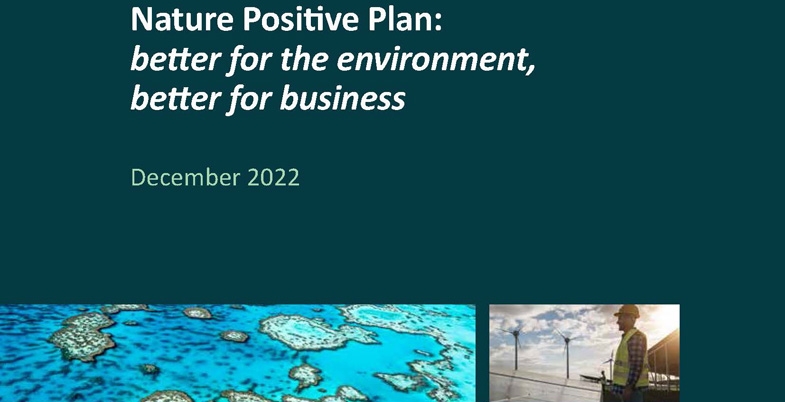One of the Albanese Government’s promises was to take action to halt the alarming decline in our biodiversity and rewrite the ineffective laws that were highlighted in the Samuel Review into the Environment and Biodiversity Conservation Act. In December 2022 the government announced what was dubbed the Nature Positive Plan with a comprehensive list of actions that are intended to be implemented.
The key part of the plan is to implement national environmental standards that will set the outcomes that the laws are seeking to achieve.
The timing of the introduction of the plan was to carry out consultation in stages and release an exposure draft of the legislation by the end of 2023. We are nowhere near that objective; in April the Minster for the Environment, Tanya Plibersek, announced that legislation will soon be presented to parliament to set up two new agencies:
- Environmental Protection Agency, to act as a national watchdog for nature
- Environmental Information Australia so everyone has access to authoritative data on our environment
But these are the easy parts. The major parts of the plan have been deferred with no time frame.
What use is a watchdog with no standards to enforce? The government appears to have given in to the mining lobby. There are also reports of warnings from the Western Australian Labor government of a backlash in the electorally critical state. This is so frustrating when the need for comprehensive action is so urgent.
The major environment groups that were involved in the consultation process are worried that the process will be drawn out for a long time. The government has made a promise so we must be optimistic that the steps outlined in the Nature Positive Plan will be implemented. But how much more destruction will occur in the meantime?
Currently several coal mine expansions are up for approval that will cause loss of important habitat. An example is the Moolarben mine near Mudgee owned by Yancoal. The expansion application before the NSW government would make the mine one of the largest in Australia. Even according to the mine manager it would destroy 113 ha of critical koala habitat. The company says they will create offsets on their own land. Development assessments should be made in the context of the total cumulative impacts on habitat.
Multiple threats to koala habitat
Koala habitat is under multiple threats from forest logging, mining and urban expansion. The promised Great Koala National Park is one area where logging is continuing. Plus, there is a sustained attempt by the logging industry to ‘redefine’ the borders of the park. Little is known about koala habitat being cleared on freehold land – there is no accurate data or independent assessment required.
Actions that are being taken
Nature repair market
Legislation to roll out a ‘nature repair market’ was passed in March 2024. This legislation aims to facilitate voluntary or philanthropic investment in conservation projects by giving them a definable value with government-backed quality assurance of processes to manage the market for these biodiversity credits.
To make these credits worthy of investment and tradeable, they need a governance framework, measurement systems, certification, registration, contracting, trading, monitoring, reporting, accounting, auditing, and a bureaucracy for administering, consulting and advising on all of it. All this is still in the process of being established. The CSIRO has been engaged to lead a research collaboration to design and pilot an ecological knowledge system for the market.
This all sounds like an offset system that has a bad reputation from the experience of the biodiversity offsets that enable destruction of habitat under the NSW Biodiversity Conservation Act. The Greens made sure the legislation prevented the credits from being used as offsets.
Environment Protection Agency
This authority will be responsible for:
- issuing permits and licenses
- project assessments, decisions and approval conditions
- compliance and enforcement
It would be able to issue stop-work notices, fines and be able to audit businesses to check their compliance with developments approvals. It will also oversee enforcement of other environmental laws such as animal trafficking, recycling and sea dumping.
Environment Information Australia
This agency will:
- provide government and public with authoritative data and information about the environment
- develop an online database to help give business quicker access to data
- publish State of the Environment reporting every two years
- report on progress towards environmental outcomes

